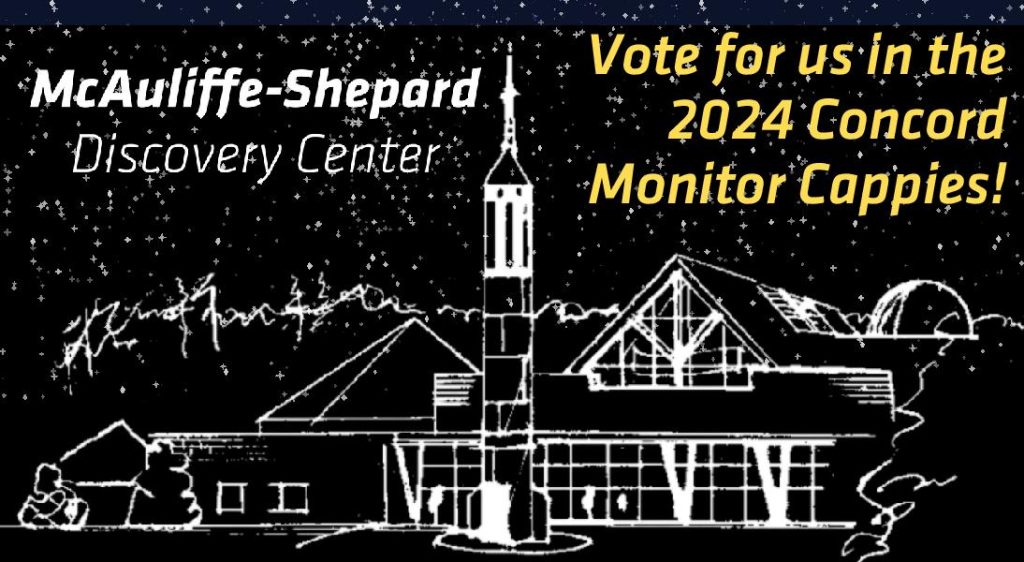Feb. 19, 2003: Democratic Sen. John Edwards of North Carolina brings a populist, blue-collar message to the Page Belting factory in Concord, his first appearance in New Hampshire since joining the 2004 presidential race.
Feb. 20, 1772: Philip Carrigain is born in Concord. His father is a local physician. Philip will graduate from Dartmouth, practice law in Concord and become New Hampshire’s secretary of state. Chosen in part for his distinguished handwriting, in 1816 he will produce the first map of the state to show town boundaries.
Feb. 20, 1942: All New Hampshire people with excess sugar are asked to return it to their grocers, who are expected to pay them the full retail price for it.
Feb. 20, 1973: New Hampshire officials approve the state’s first “instant sweepstakes,” in which players will buy a 50-cent lottery ticket, remove a seal and know instantly if they have won. The game is aimed at tourists. Top prize will be $100.
Feb. 22, 1800: Concord joins other communities across the nation in a day of mourning and prayer for George Washington, dead two months.
Feb. 22, 1854: Concord’s New Hampshire Patriot is the only Democratic paper in the state to support the Kansas-Nebraska Act. The act holds that if a territory’s electorate approves of it, slavery will be allowed in the remainder of the Louisiana Territory. Editor William Butterfield writes that the act upholds the principles “which deny to Congress the right to legislate slavery into or out of any territory.”
Feb. 22, 1912: The reorganized Abbot & Downing Co. has orders for 45 express wagons in addition to passenger wagons for Yellowstone Park. This assures work for 50 men. “We have made a start,” says Samuel Eastman, the Concord businessman who purchased the failing company 5½ months ago.
Feb. 23, 1795: A group of men meets at Butters’ Tavern to plan a bridge across the Merrimack River. It will be built near the site of today’s Manchester Street bridge.
Feb. 23, 1799: Seven men hold the first Masonic meeting in Concord at Gale’s Anchor Tavern.
Feb. 23, 1847: A meeting is held in Concord to organize a relief effort to aid victims of the Irish famine. The following donations are collected: $1,293.02 and 100 bushels of grain from residents of Concord; $5.25 and 168 bushels of grain from Pembroke; and $5.62 from Gilmanton.
Feb. 24, 1853: Concord’s “Old John” Virgin, a veteran of the War of 1812, is found frozen in his house on Sugar Ball. Virgin boasted all his life of having fought at Tippecanoe with William Henry Harrison. An invalid, he had “an ulcerous sore on one of his legs, which was very offensive,” according to a contemporary account. Virgin earned a pension of $96 a year and was determined to live on it. When he came to town, his “loud patriotic harangues always attracted attention.” He had no friends because he would have none; he lived alone and died alone. Only the sexton attended his funeral.
Feb. 25, 1984: At a rally in Eagle Square on the Saturday before the presidential primary, Democratic Sen. John Glenn introduces a 14-year-old supporter whose dog was recently hit and killed by a car. Glenn tells the boy: “I know there’s no way you can possibly replace a trusted friend like Yoyo, but Corey, maybe we can help out just a little.” He presents Corey Smith with a black and tan puppy.



















